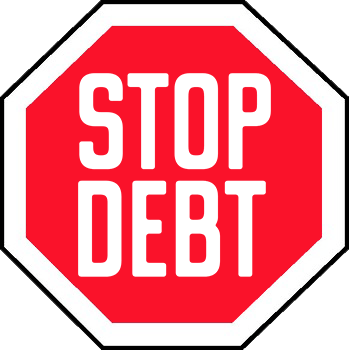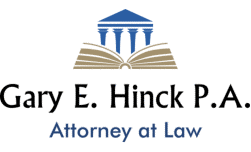
Serving Kansas
Including Topeka and Wichita Areas
Chapter 13 Bankruptcy
Free Initial Consultation | 20+ Years of Experience | Compassionate Attorney
Free Initial Consultation
20+ Years of Experience
Compassionate Attorney
Hours:
What is Chapter 13 Bankruptcy?
Under a Chapter 13 bankruptcy, a debtor proposes a 3- to 5-year repayment plan to the creditors offering to pay off all or part of the debts from the debtor's future income. The amount to be repaid is determined by several factors, including the debtor's disposable income.
To file for Chapter 13 bankruptcy, you must have a "regular source of income" and some disposable income. Just like with Chapter 7 bankruptcy, corporations and partnerships may not file under this chapter.
If you think Chapter 13 bankruptcy may help you alleviate your debt, contact Gary E. Hinck P.A. at our Topeka or Wichita locations. Backed by over 20 years of experience in bankruptcy law, our family-owned local practice knows what it takes to provide you with the honest, dependable guidance you need.
When is Chapter 13 Better Than Chapter 7?
Chapter 13 may be preferable to Chapter 7 in a variety of situations. Chapter 13 bankruptcy is normally for people who have too much income to file a Chapter 7 bankruptcy or have debt that is non-dischargeable in a Chapter 7, such as certain types of taxes.
People file Chapter 13 because they're behind on their mortgage or business payments and are trying to avoid foreclosure. It allows them to make up their overdue payments over time and to reinstate the original agreement. Also, when a debtor has valuable nonexempt property and wants to keep it, Chapter 13 may be a better option.
Many people ask themselves, "Will I have to give up any of my property to the creditors?" The vast majority of filers get all or most of their debts discharged without giving up any of their own property. Exempted property is property such as household goods and personal belongings, which you may keep despite your bankruptcy.
People often wonder how or why it's legal to simply "wipe out" debt. Now more so than any other time in our country's history, our economy is based on consumer debt.
In the current age of multi-billion dollar corporate bailouts, easy credit, and the relentless bombardment of seductive messages cajoling us to "charge, consume, buy," it's no surprise that so many people are drowning in debt.
For many of us, this debt is insurmountable and can cause family problems, feelings of hopelessness, and even suicide. Credit card interest rates of 18 to 21% have many people feeling like indentured servants. Sometimes, the debt is occasioned by unforeseen events such as the loss of a job or medical bills, but most often it simply comes down to poor planning.
By instituting bankruptcy laws, Congress recognized that responsible and well-intentioned people could run into financial problems from time to time. By allowing you to recover from your unrelenting burden of debt, you'll be able to start fresh, look to the future, and become a more productive member of society. This is good for both you and our society as a whole.
Call to Schedule Your Free Initial Consultation
Get professional guidance through the bankruptcy process
(785) 267-7090


Share On: